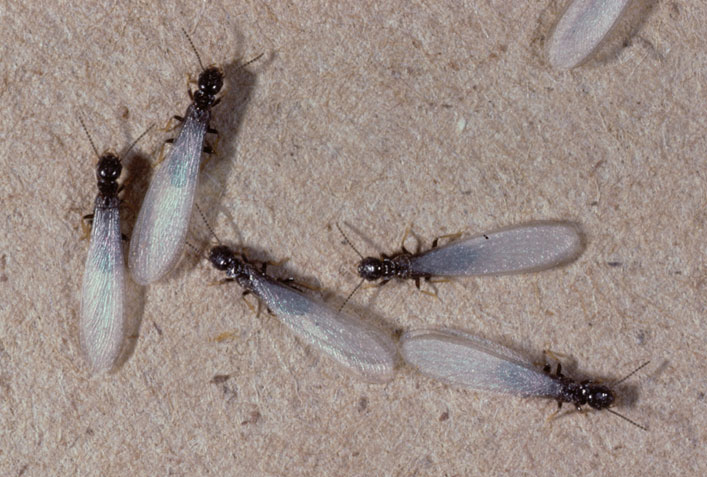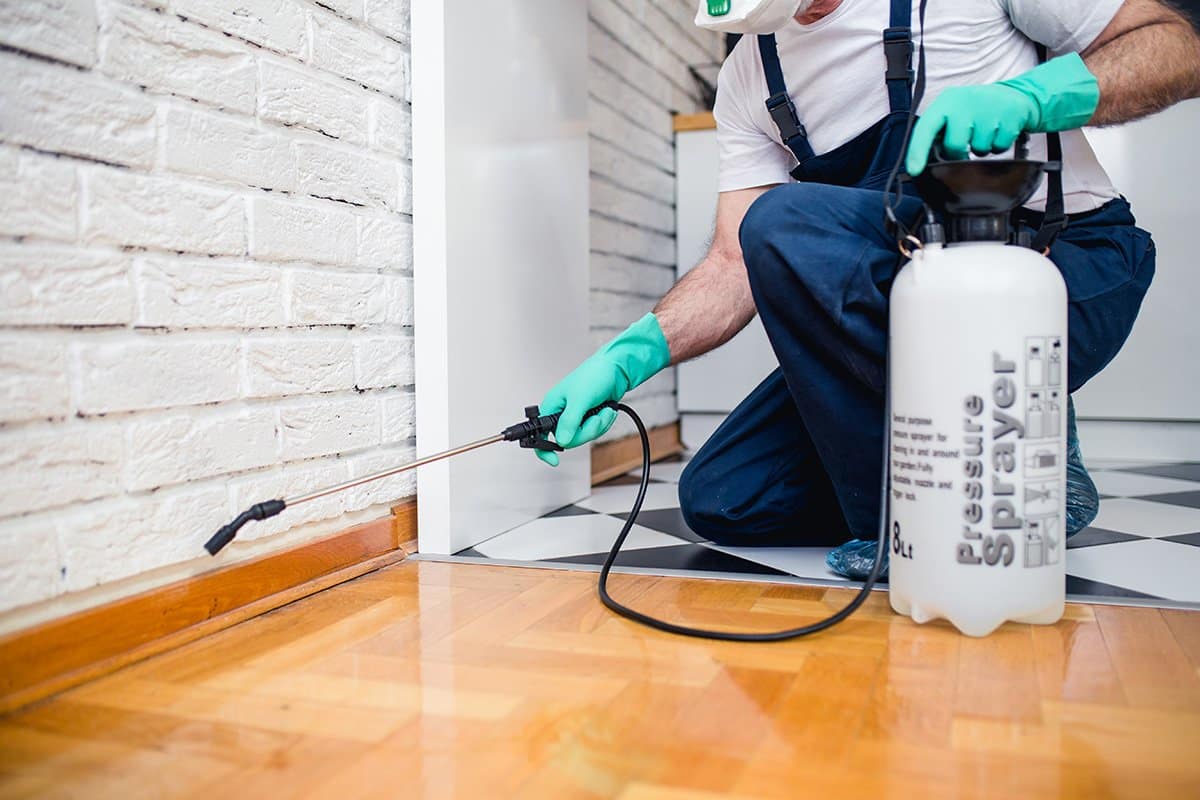Premier Termite Control Services: Ensure Long-Term Security for Your Residential or commercial property
Premier Termite Control Services: Ensure Long-Term Security for Your Residential or commercial property
Blog Article
Environmental Effect of Insect Control: Harmonizing Efficiency With Sustainability
The ecological impact of insect control is a crucial issue that requires a fragile balance in between attaining effectiveness in making certain and managing pests sustainability of our communities. As we make every effort to safeguard our plants, homes, and wellness from the dangers posed by pests, the approaches we utilize can inadvertently hurt the atmosphere. From the use of harmful chemicals that seep into our soil and water to the unintended effects on non-target types, the consequences of standard insect control methods are far-reaching. Nonetheless, there are arising strategies that provide hope for a more lasting method to pest administration. These solutions not only objective to deal with the prompt pest problems but additionally take into consideration the long-lasting wellness of our planet.
Unsafe Chemicals in Insect Control
The utilization of harmful chemicals in parasite control presents substantial environmental and wellness dangers that require careful consideration and reduction strategies. Chemicals, pesticides, and herbicides are typically utilized to remove insects, yet their prevalent application can cause unexpected repercussions. These chemicals can infect dirt, water sources, and the air, impacting not only the targeted pests but likewise advantageous insects, wild animals, and human beings.

To resolve these dangers, incorporated bug administration (IPM) techniques are being promoted as an extra sustainable option. IPM entails a mix of approaches such as organic control, environment control, and the targeted usage of chemicals as a last hope (ant control salisbury nc). By taking on an alternative technique to pest control, we can decrease the environmental and wellness effects connected with hazardous chemicals while successfully taking care of pest populaces
Effect On Non-Target Variety
Thinking about the unexpected consequences of parasite control approaches, the effect on non-target varieties is an important element that requires comprehensive assessment. While bug control steps intend to target specific parasites, other organisms in the community may be inadvertently influenced. Non-target types, consisting of helpful pests, birds, mammals, and also plants, can endure straight or indirect injury from chemical applications or organic control methods.
Insecticides made to deal with a particular bug pest may harm pollinators like or natural predators such as ladybugs. Biological control agents, if not species-specific, can present threats to unintentional targets, disrupting the ecological equilibrium.
To alleviate the influence on non-target species, integrated pest administration (IPM) techniques that highlight a holistic approach to pest control are recommended. These techniques focus on making use of ecologically pleasant techniques, lessening damage to beneficial microorganisms while effectively taking care of pest populaces. Performing comprehensive danger evaluations and monitoring the results of insect control initiatives are necessary action in protecting non-target types and promoting total community wellness.
Soil and Water Contamination
Unplanned ecological repercussions of insect control approaches prolong past impacting non-target types, with substantial implications for dirt and water contamination. Pesticides, herbicides, and chemical plant foods utilized in parasite control can leach into the soil and contaminate groundwater, presenting a risk to both aquatic and terrestrial communities. Soil contamination can disrupt the balance of microbes essential for nutrient biking and plant development, leading to lowered soil fertility and efficiency. In addition, these chemicals can continue the setting for prolonged durations, gathering in the dirt and possibly entering the food chain.
Water contamination is an additional critical concern linked with insect control practices. To alleviate soil and water contamination from pest control tasks, integrated bug administration techniques that focus on sustainability and reduce chemical inputs are crucial.
Air Pollution From Pesticide Usage
Direct exposure to airborne pesticides during farming applications positions a significant issue for air pollution control measures. Furthermore, pesticide drift, where chemicals are carried by the wind to unexpected areas, can lead to the contamination of neighboring ecological communities and water bodies.

Approaches for Sustainable Pest Control
In the realm of farming methods, carrying out sustainable parasite control strategies is vital for maintaining eco-friendly equilibrium and securing plant yields. Sustainable bug control stresses making use of eco-friendly techniques to handle insect populations successfully while reducing injury to non-target microorganisms and environments. Integrated Pest Management (IPM) is an extensively embraced technique that incorporates biological, social, physical, and chemical control techniques to achieve long-term pest management options.
One trick technique in sustainable parasite control is promoting biodiversity within agroecosystems. By boosting all-natural adversaries of bugs, such as killers and parasitoids, farmers can decrease the demand for synthetic chemicals. Plant rotation and diversification are additionally effective methods to interrupt pest life cycles and produce less favorable conditions for insects to flourish. Furthermore, utilizing pest-resistant plant selections and utilizing methods like catch chopping can aid lower bug stress without counting heavily on chemical treatments. Eventually, by integrating these lasting bug control approaches, farmers can attain an click for source equilibrium in between pest management effectiveness and ecological stewardship.
Verdict
To conclude, the ecological effect of pest control approaches have to be carefully considered to balance effectiveness with sustainability. Harmful chemicals used in parasite control can bring about soil and water contamination, air pollution, and injury non-target varieties - termite control. It is vital to carry out sustainable parasite control approaches to minimize these negative results on the setting and promote a healthier community for future generations
By adopting a holistic method to pest control, we can lessen the environmental and health and wellness effects connected with damaging chemicals while properly handling pest populaces.

To reduce the air contamination caused by pesticide usage, it is crucial to adopt integrated parasite management approaches that prioritize the use of non-chemical bug control approaches, such as plant rotation, natural killers, and immune plant varieties. Lasting bug control highlights the use of ecologically friendly approaches to manage bug populations efficiently while reducing injury to non-target organisms and communities. Integrated Insect Monitoring (IPM) is a commonly adopted method that integrates organic, social, physical, and chemical control techniques to achieve long-term insect management remedies.
Report this page